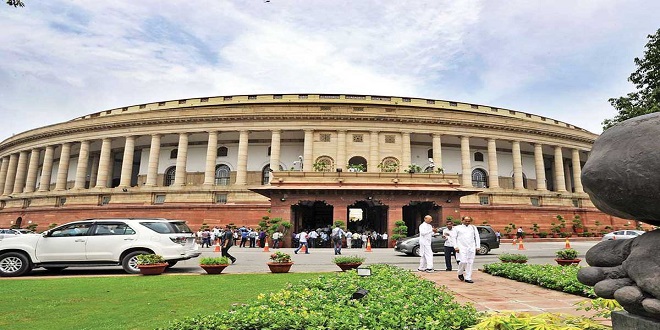The Indian constitution is not small and has different governance aspects that help a nation to function properly. If you want to know how the governing power is there and distributed among unions of states, read our Indian constitution. As there are many schedules, amendments and articles included in it, the Seventh schedule of Indian constitution is essential and includes several roles and responsibilities of different constitutional components. All roles and responsibilities are divided into Union List, Concurrent List and the State List.
As far as subjects are concerned in all three, their count is 97 subjects (earlier) and till Nov 2021, it was 100 in the Union list, subjects in state list reduced to 61 from 66 and surged in concurrent list from 47 to 52. An Indian citizen must have all required knowledge related to the same like they approach court for getting right-to-constitutional-remedies. Here in this post, we are providing you a detailed guide over the seventh schedule of our Indian constitution.
Know all about the 7th Schedule evolution
- In the Union list there are a total of 100 subjects present that deal with defence, interstate trade and commerce, currency, atomic energy, banking, foreign affairs , insurance, communication , census, auditing and many others. Indian Parliament consists of all powers to make laws in this list and deal with matters or subjects present in the Union List.
- In normal circumstances, the state government assembly has exclusive powers to make changes in the state list for the state’s welfare. This list has subjects like local government public order, police, theaters, gambling, public health and sanitation, agriculture, fisheries, markets, and many more. All matters enumerated in this list can be changed later by the assembly.
- Both, Indian Parliament and the state legislature body has the power to draft laws on subjects under the Concurrent List. There are 52 subjects like population control and family planning, criminal law and procedure, labour welfare, civil procedure, marriage and divorce, electric supply, economic and social planning, drugs, newspapers, books and printing press, and others.
- According to the 42nd Amendment Act of 1976 of Indian Constitution, a total of five subjects are transferred to Concurrent List from State List. Those are education, forests, weights and measures, administration of justice and protection of wild animals and birds.
- If you think that there are any residual subjects not mentioned in all three list are not there, then those subjects are Cyber Law, Space Technology, and computer technology are a few residuary subjects which is possible because of Article 248 of our Indian Constitution.
- The 101st Amendment Act of 2018 of our Indian constitution gives special provisions for goods and services tax (GST). Indian Parliament and the state legislature possess all powers to make laws in this list. It helps in boosting commerce and interstate activities across the nation.
From the above mentioned knowledge, we conclude that national issues and state issues are looked after by both governing bodies Parliament and the state legislature. So, if you are preparing for any exams or would like to know more about the Indian constitution, these are some things that you must learn and appear in the exam.
Any lawmaker whether it is MLA or MP has to acknowledge these lists and then prepare a law draft. Also, the 7th Schedule of our Indian constitution is essential because it gives a rough idea of uniformity in diversity.
 Pagalmusiq.com Popular News Update Website | Pagalmusiq.com
Pagalmusiq.com Popular News Update Website | Pagalmusiq.com




